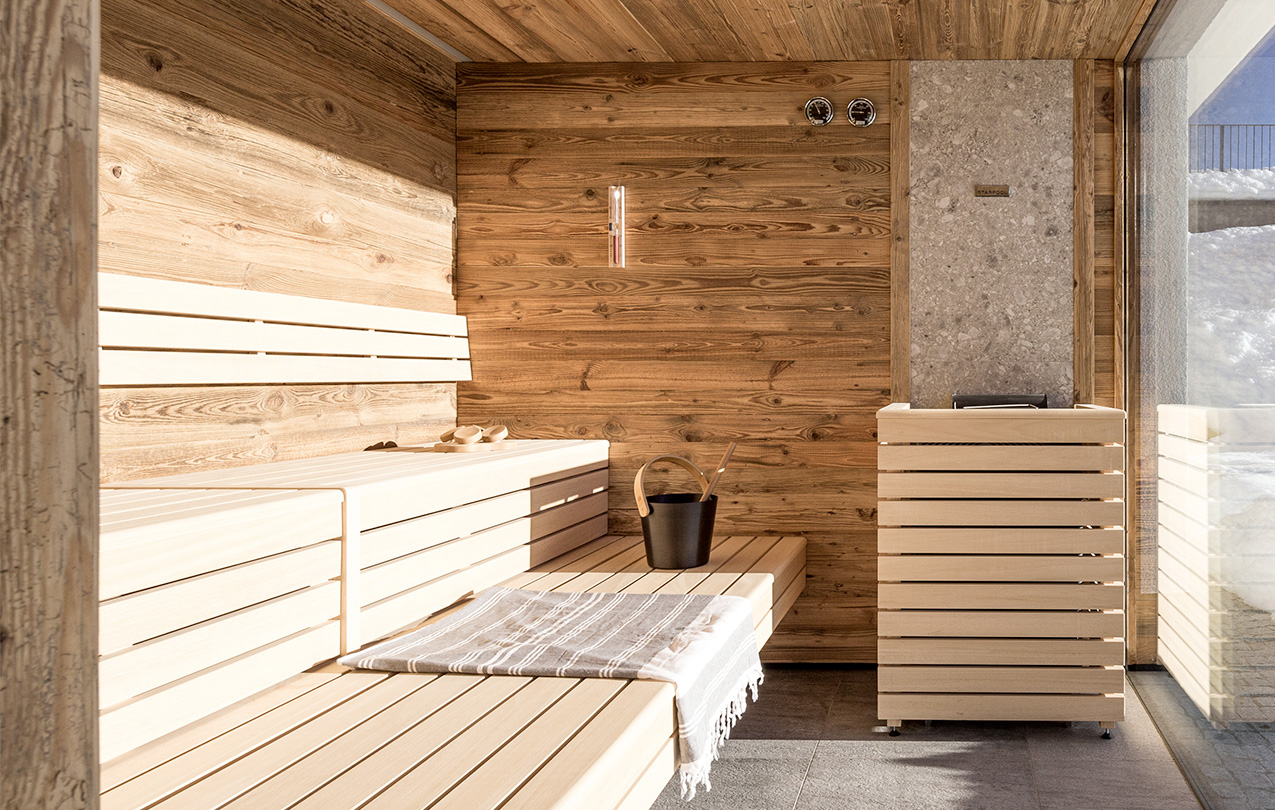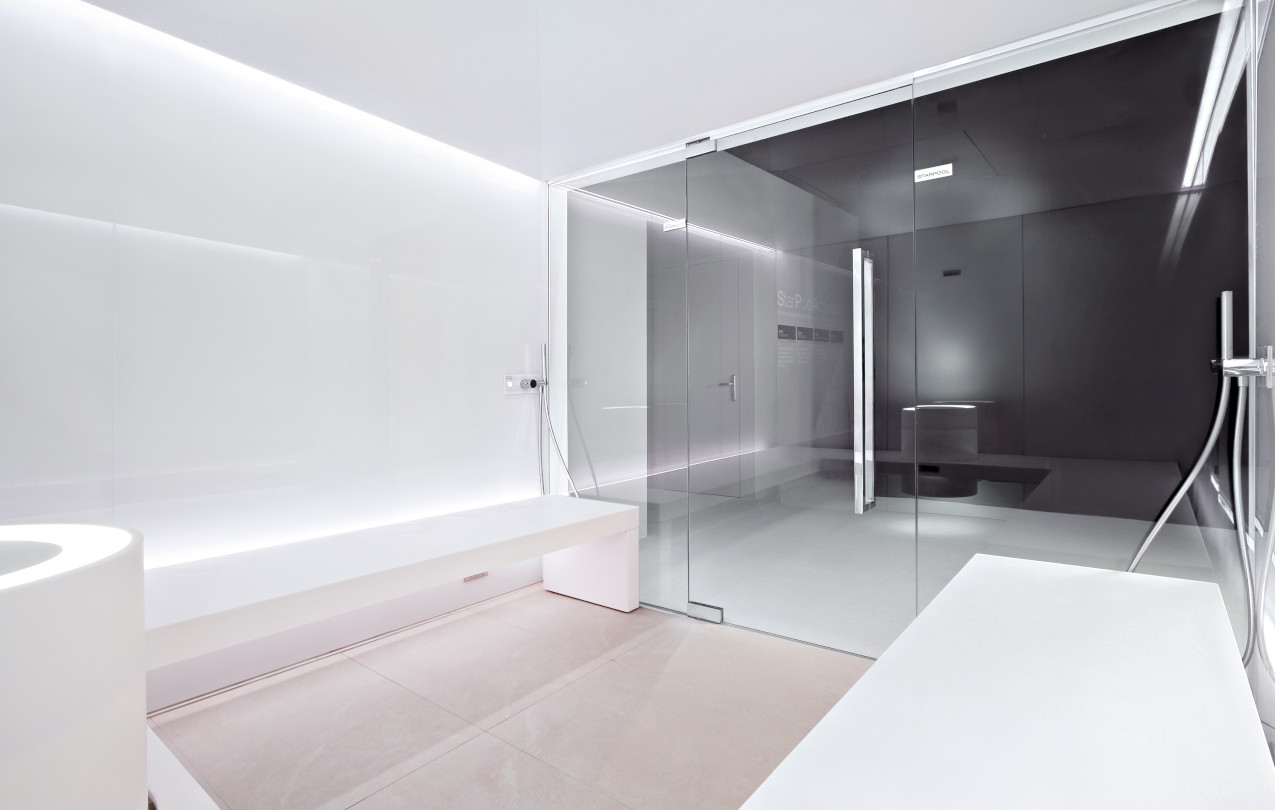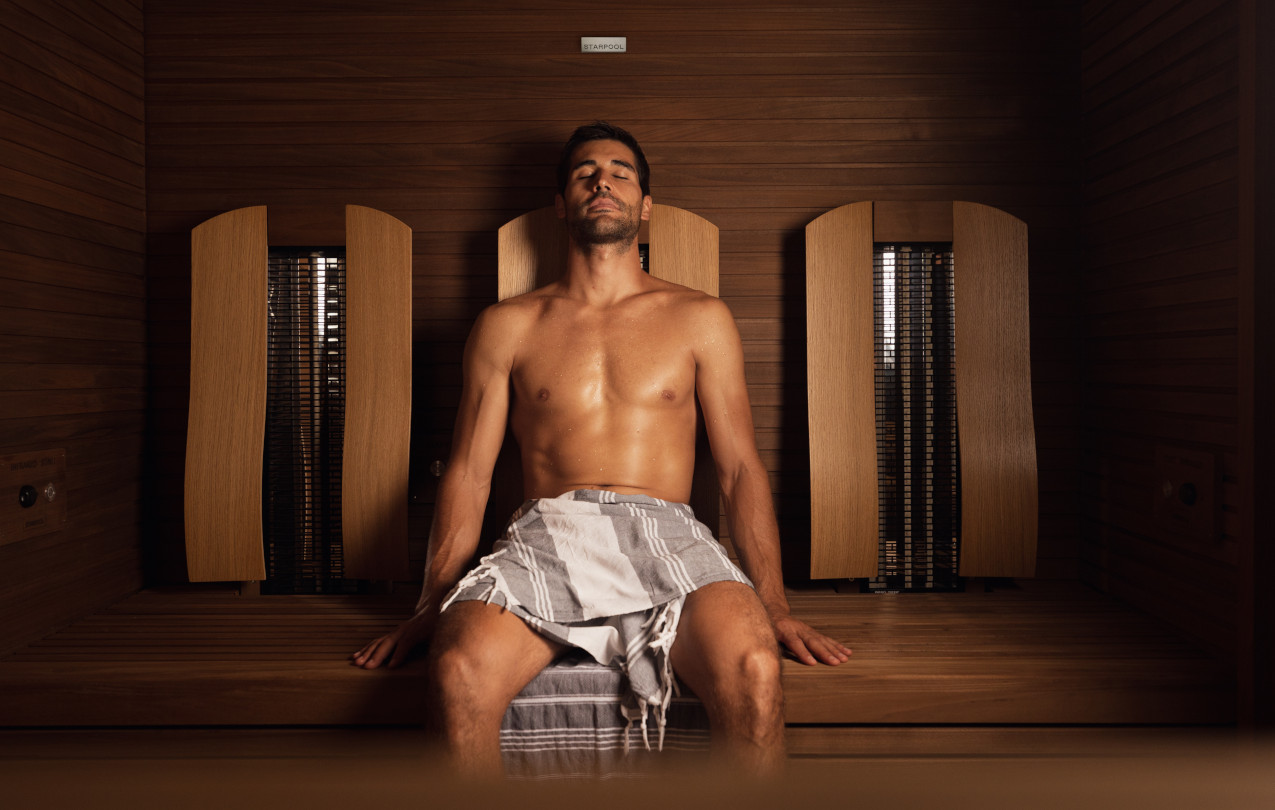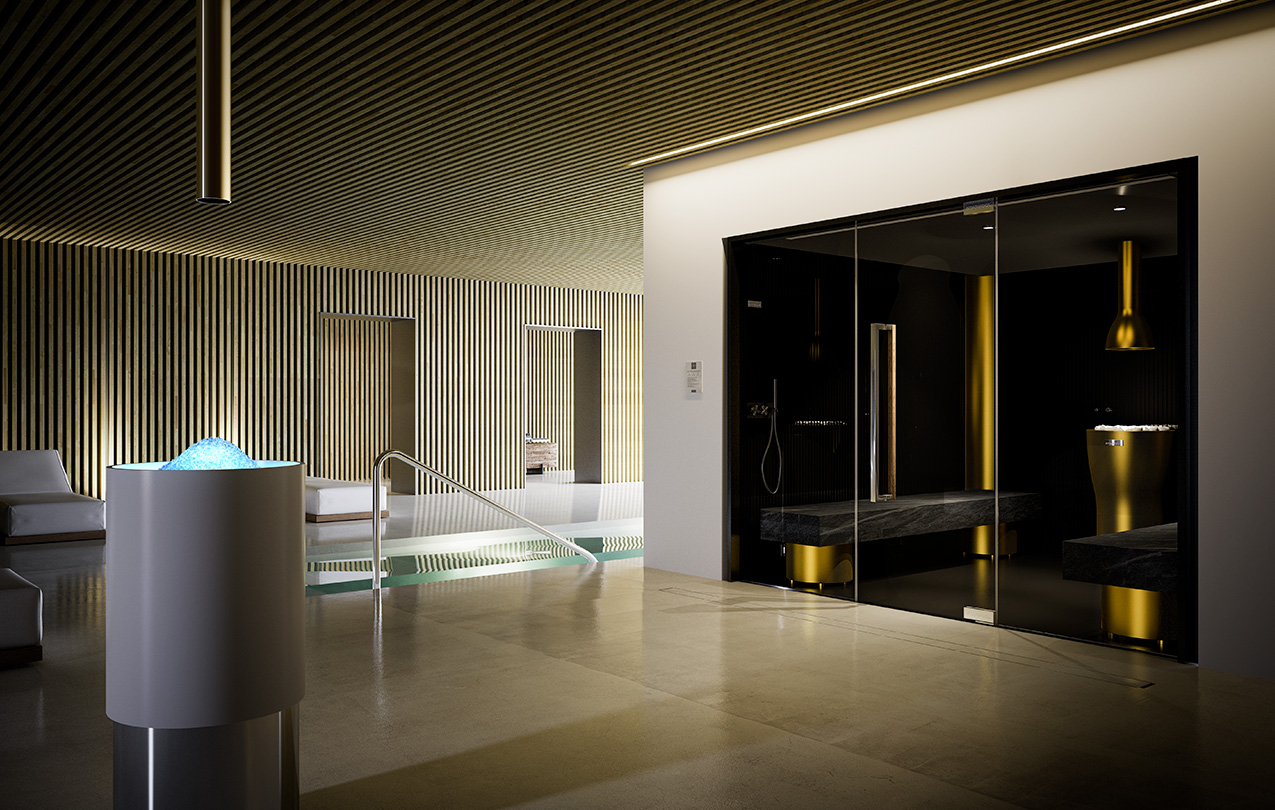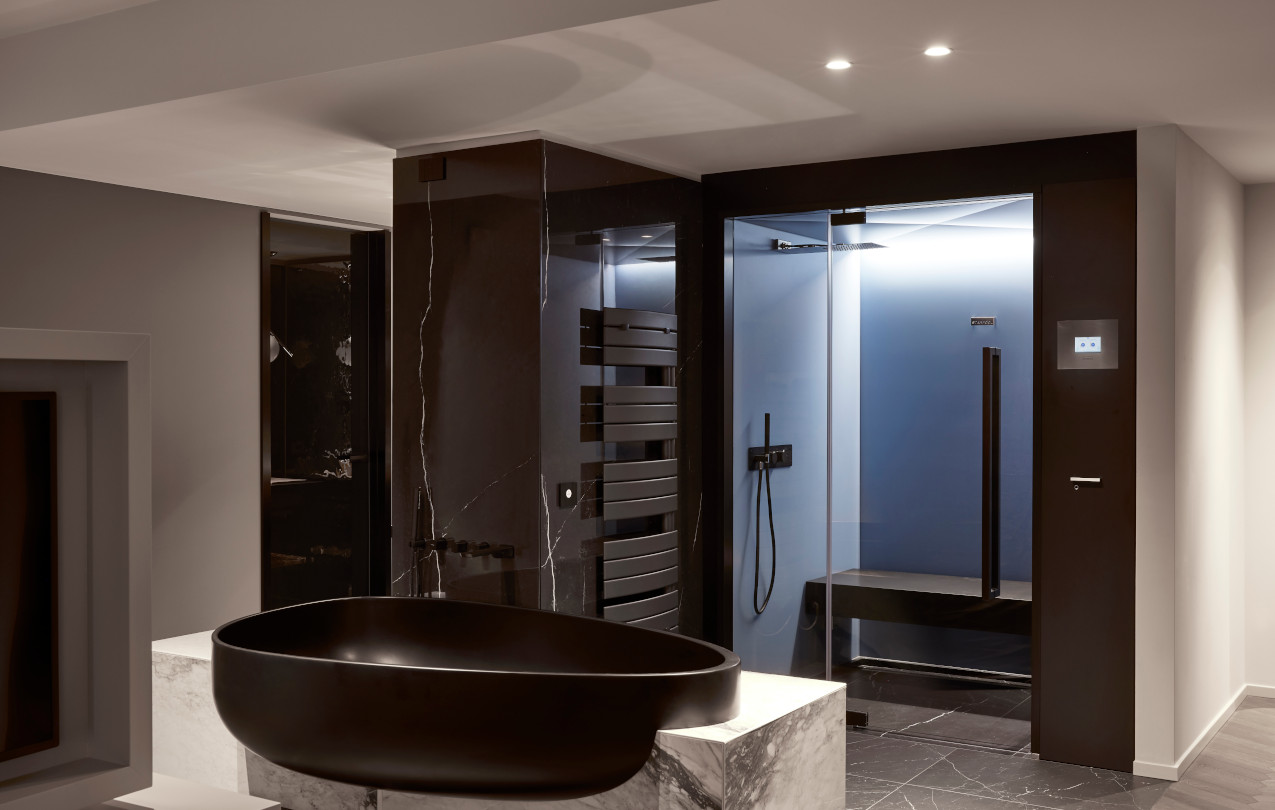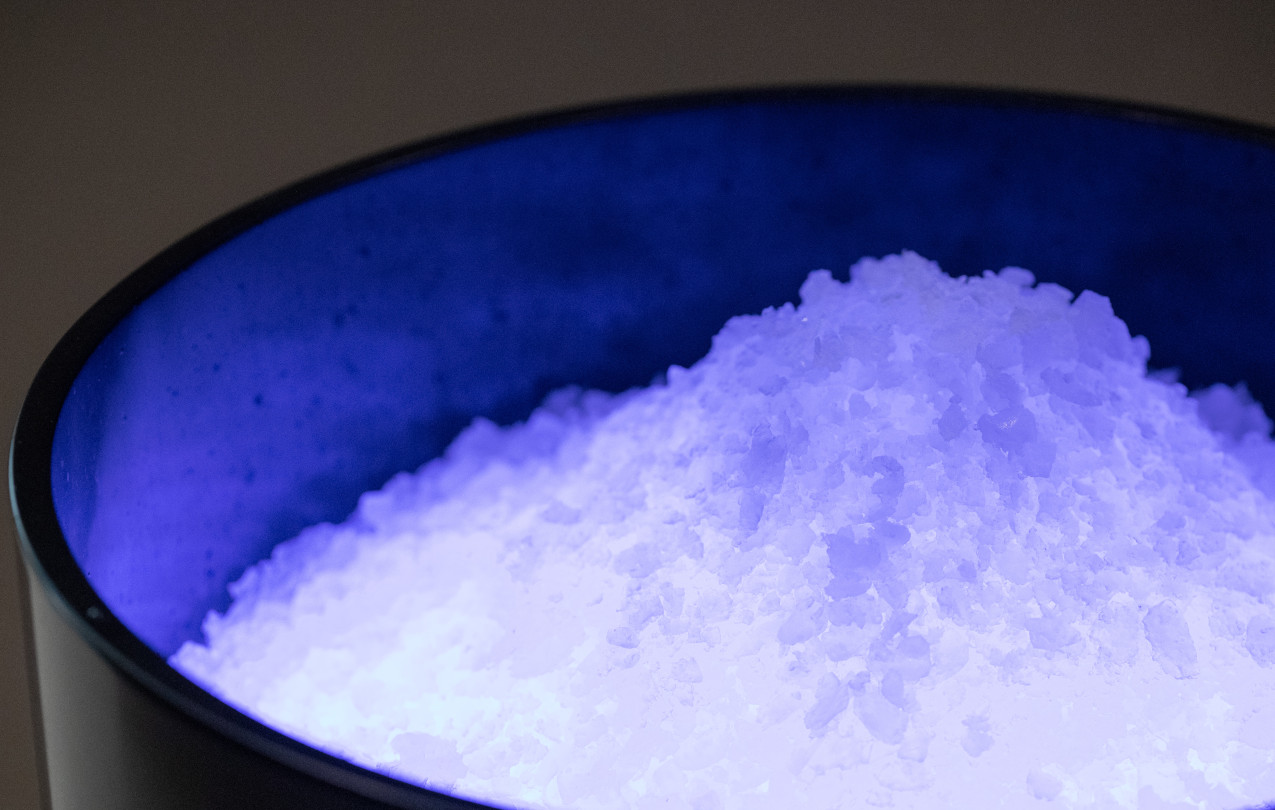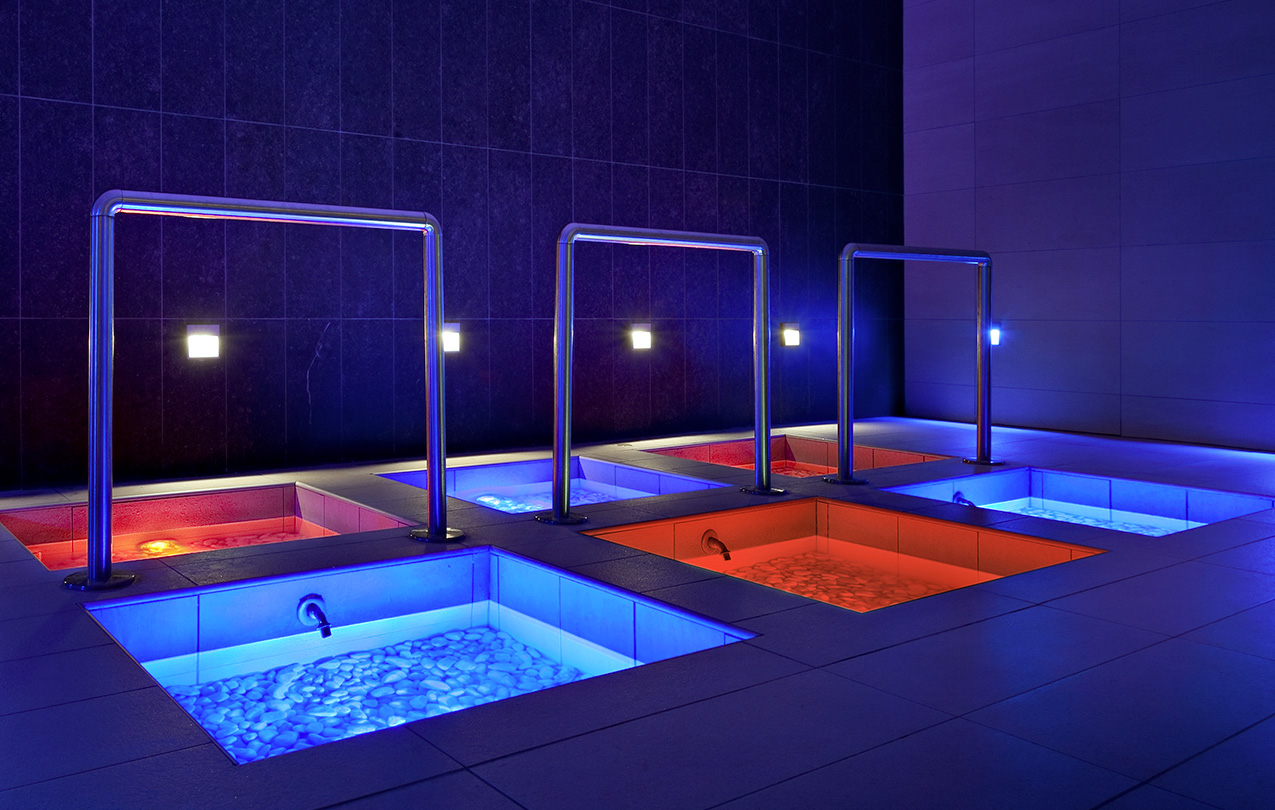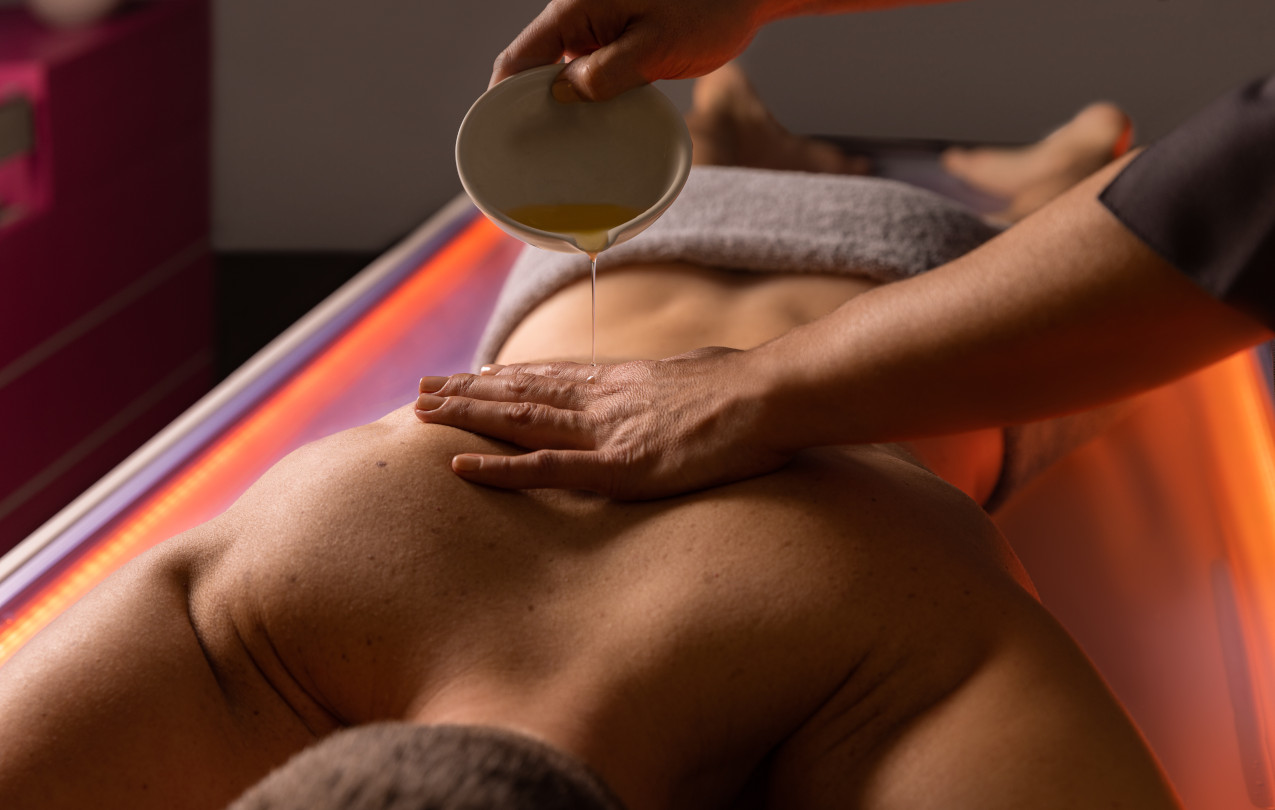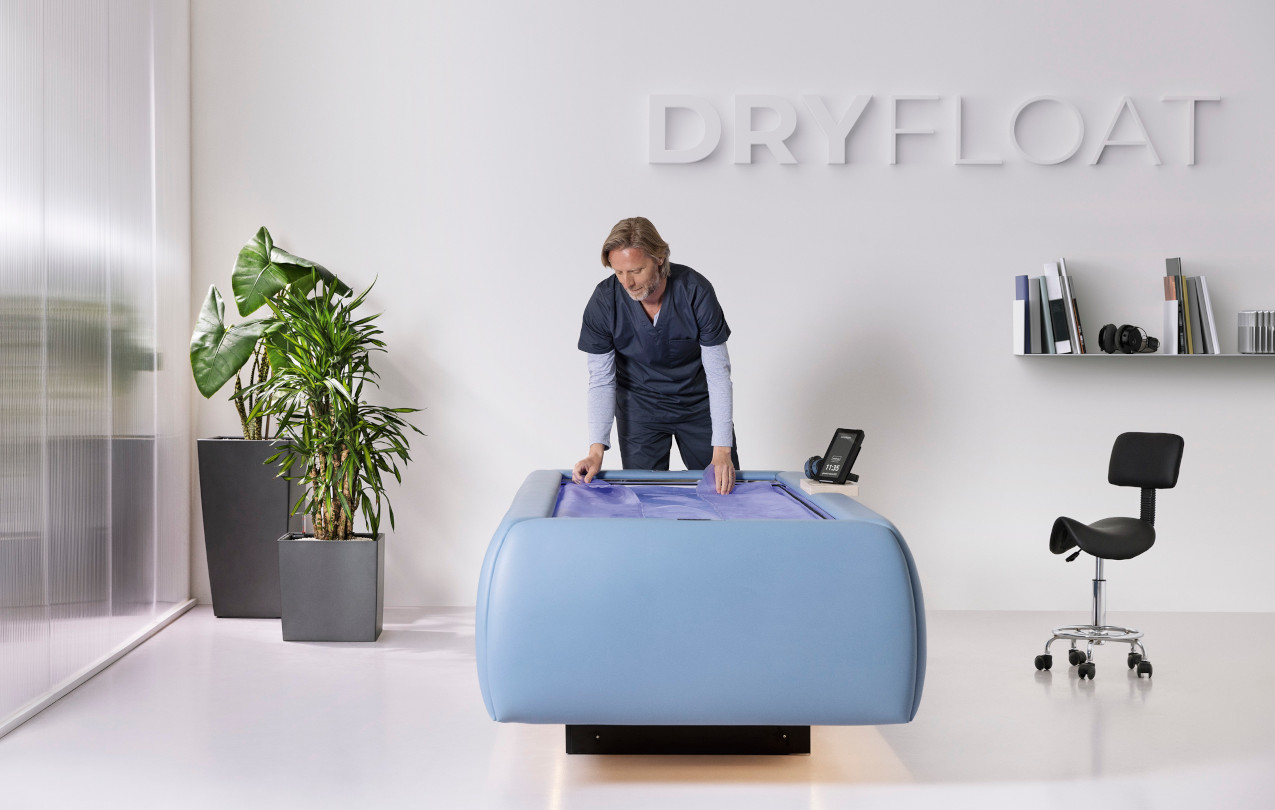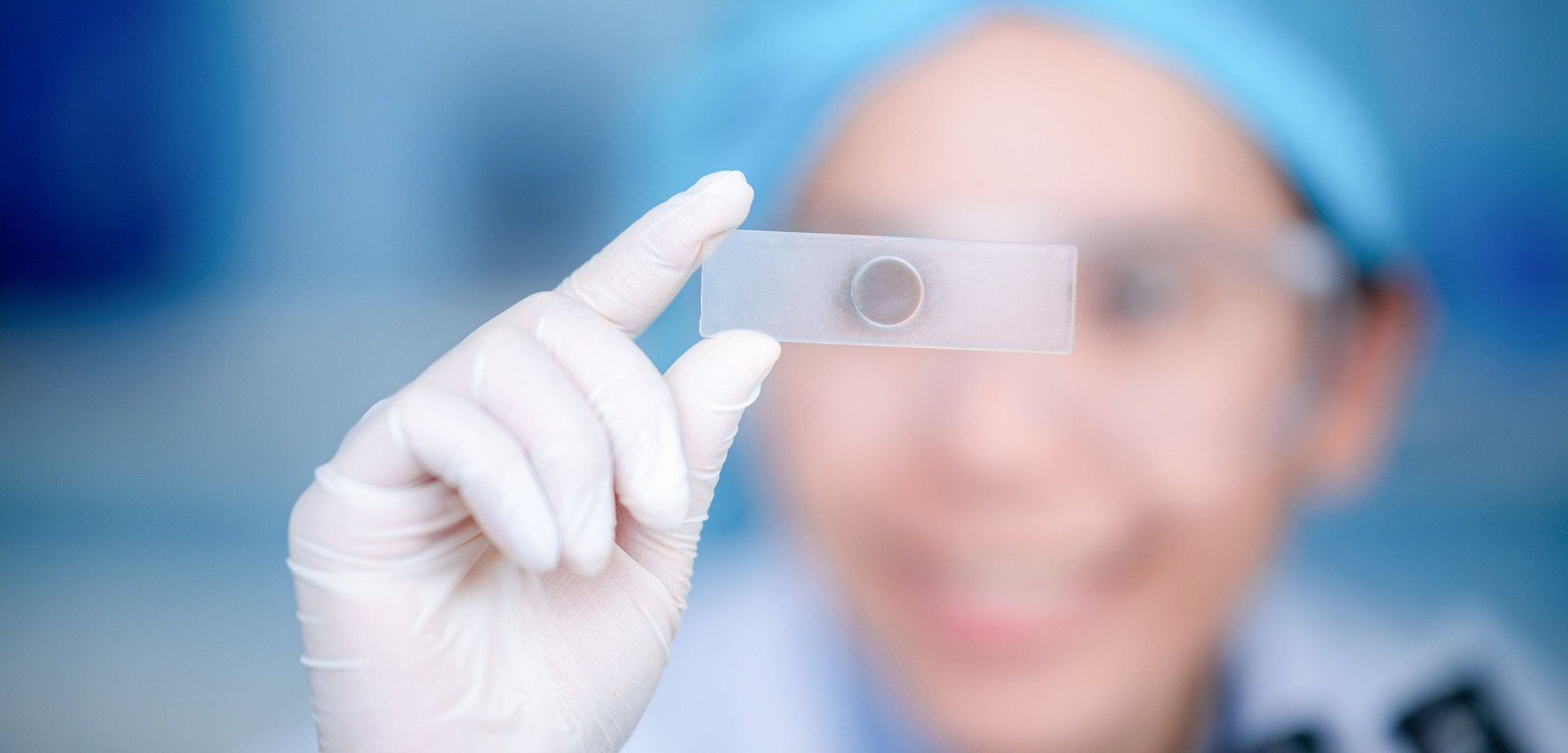Thanks to a specific research project, the St. Rocco Hospital in Brescia and the Department of Clinical and Experimental Sciences of the University of Brescia assessed the effects of some spa programs, designed and developed under the precise instructions of a clinical team. The goal of the study was to make the effects and benefits deriving from each one of the tested programs objective.
The Spa program was organised and defined according to some specific criteria: number of heat sessions; number of subsequent cold reactions; specific temperatures; specific timing and duration for each treatment, definite intervals of recovery/rest between sessions. Research has highlighted measurable benefits in different primary aspects of human physiology.
In particular, the heart has shown a strong capacity in adjusting to the received stimuli, thus underlining a greater sensation of relaxation and well-being after the spa treatment. This program resulted in an unaltered heart rate after the treatment, with an increased index of Heart Rate Variability, and slightly lower systolic and diastolic blood pressure. The increased index of Heart Rate Variability corresponds to an improvement in the autonomic modulation of heart rate, without causing any imbalance in the physiological parameters.
In light of the results achieved so far, further study shall be conducted to try and identify the possible benefits and contraindications of the current and experimental spa programs. This is intended to make the concept of well-being more inclusive. This goal aims to ensure increasingly greater effectiveness of spa programs and, at the same time, to make them more safely accessible to those who suffer from minor ailments, like mild low blood pressure or minor heart conditions.



